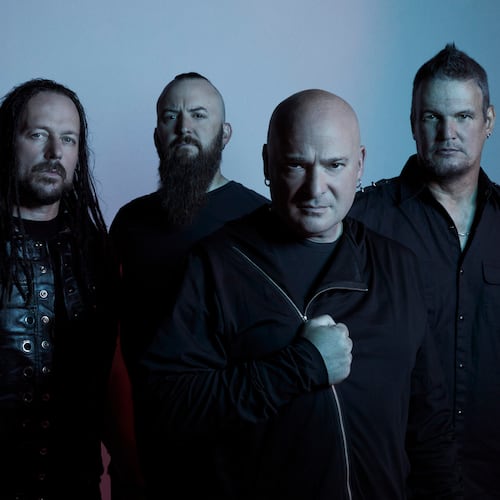Jamie Foxx made the transition from funny tough guy actor to dramatic superstar by playing Ray Charles, a musical genius who went blind as a child, but went on to a hugely successful career. In "The Soloist," Foxx plays a musical genius derailed by the symptoms of paranoid schizophrenia as a young man, and went on to a life on the Los Angeles streets.
The man is Nathaniel Anthony Ayers, a gifted bass and cello player who attended The Juilliard School before his mind betrayed him. Los Angeles Times columnist Steve Lopez, played in the film by Robert Downey Jr., discovered Ayers on the street, researched the homeless musician's past and published several columns about him. Readers and the Los Angeles Philharmonic responded.
Ayers was coaxed off the streets and given access to better instruments, but he's not in any kind of treatment for schizophrenia.
In a recent interview by phone, Foxx explains what it was like to play a virtuoso the world might never have known.
Q: How did you prepare to play Nathaniel Ayers?
A: I snuck downtown, and while Nathaniel Anthony Ayers wasn't watching, I watched him talk to himself, I watched him talk to the world, I watched him play his music, I watched him clean up.
Q: You're a classically trained pianist, but how did you prepare musically?
A: My music teacher said, "We already know you can play the piano beautifully. You really have to concentrate on this cello because it's a tough beast of an instrument." You get the fingering right, the bowing right, so [viewers] knew I was playing. I was very angry at times. It was one of those discouraging things, but it really helped to know that when they played the music and put your fingers on, that you put your bow down. It's all about executing.
Q: And what did you have to do to turn yourself into a homeless, paranoid schizophrenic man?
A:At first, I was like, I don't need to know the homeless experience. [Director] Joe Wright impressed upon me the things, the spirit of people. There was this one lady suffering from schizophrenia — she said, "I knew something was going wrong because at one time I looked at my children and I couldn't recognize them. Why is this happening to me? I called my sister and said please come get my children. I don't want to hurt them." I cried like a baby. Then I understood what Joe Wright was trying to do. He was giving back, giving some inspiration and hope to some people who were desperately in need of it.
Q: This movie covers a lot of things — what do you think it's really about? What's the main theme?
A: It's a couple of different things: friendship, with no lights and no cameras on. Friends, when they're down and out, in both of their lives. Showing the problem of homelessness and how we should look at that, how we should take note of it. And about the happiness people can have.
———————
MORE ON 'THE SOLOIST'
• 'Soloist' sister at last finds a way to help
• PHOTOS: 'The Soloist' premiere
• PHOTOS: More newspaper movies
About the Author
Keep Reading
The Latest
Featured


